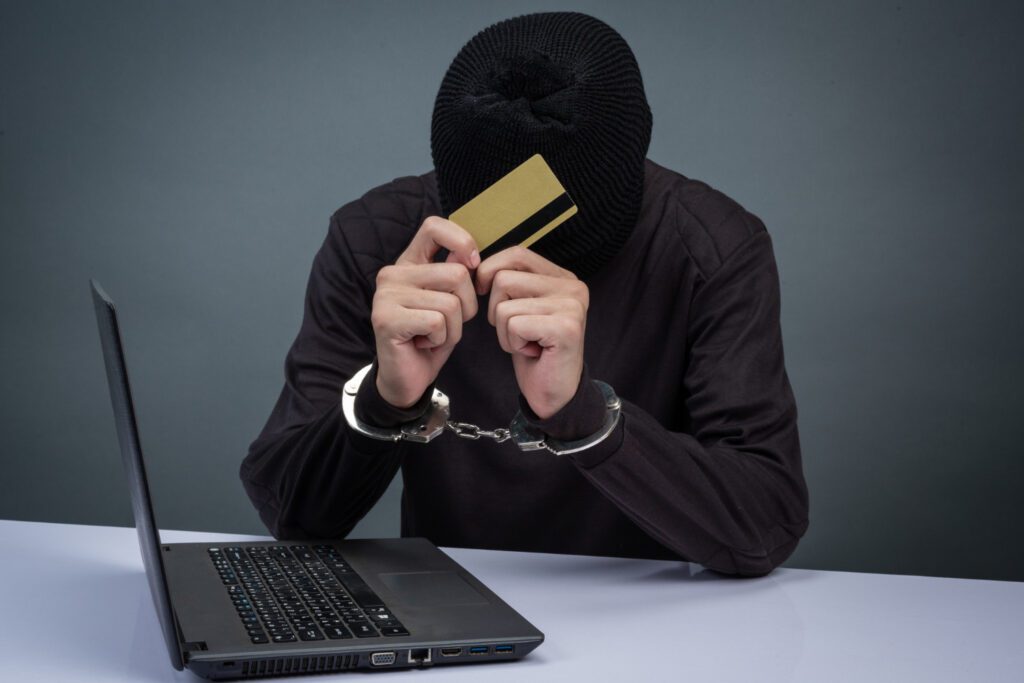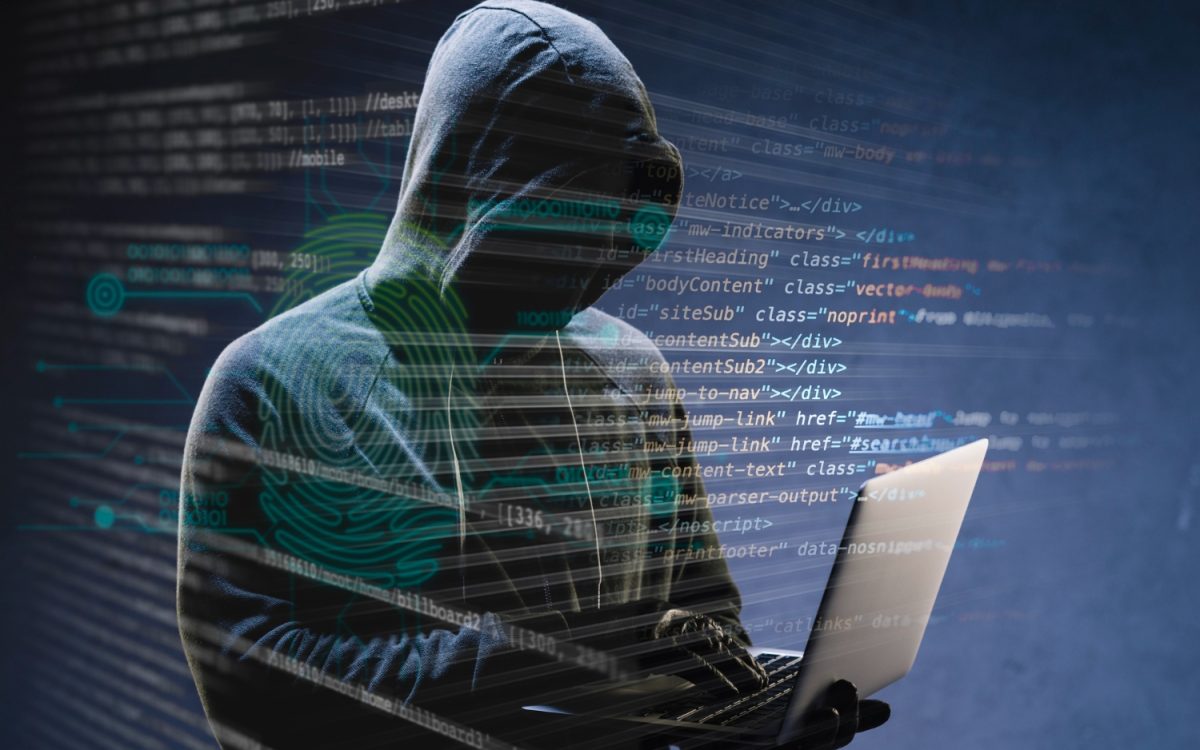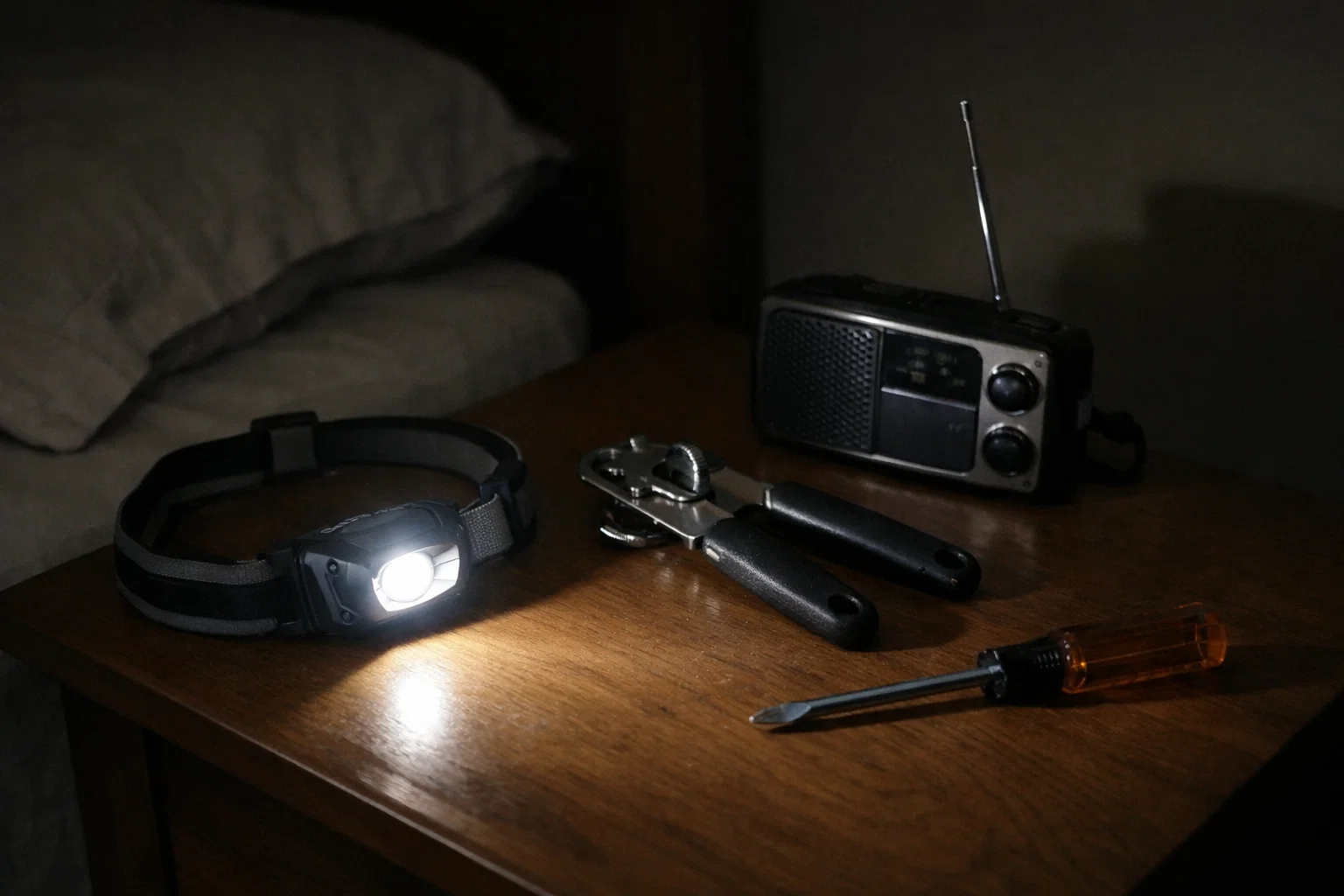Preparing in today’s interconnected world entails more than just stockpiling food and mastering survival skills; it also entails protecting all aspects of your life, including the digital side. As preppers, we frequently focus on physical risks such as natural catastrophes, economic collapse, and civil unrest, but we occasionally miss one of the most serious concerns we face today: cyberattacks. While it’s easy to anticipate how a power outage would effect our life, digital weaknesses can leave us just as vulnerable, even in the absence of a traditional calamity.
Constant risks include government spying, scammers, and hackers. Using a gadget that isn’t secure or clicking on a phishing email incorrectly can endanger not only your money resources but also your safety. This is a question of survival for preppers, not just a hassle. Imagine having your hard-earned bitcoin stolen or your bug-out location revealed due to a poor password. The dangers are real, and they are getting worse.
Technology has made preparation easier in many ways, such as interacting with prepping communities or accessing survival materials, but it has also brought about new dangers. The digital landscape is always evolving. More than ever, cybercriminals are focusing on people rather than just large organizations. These attacks can be devastating for preppers, who frequently deal with sensitive information and specific hazards.
We’ll go into great detail in this post about the importance of cybersecurity for preparedness and how to protect your online life from dangers. This guide will provide you with the skills and information you need to safeguard your digital assets and remain secure no matter what happens, from protecting your devices and communications to striking a balance between contemporary technology and conventional preparation techniques.
The Hidden Cyber Threats Preppers Can’t Ignore

Cyber risks are present everywhere and aren’t only something you hear about in the news. These risks are real and are only becoming worse, whether it’s a hacker attempting to obtain your bank account information or a phishing scam that aims to fool you into disclosing personal information. Because they frequently deal with sensitive information, preppers are particularly vulnerable. Access to your gadgets could provide someone information about your prepping community, bug-out routes, and even where you keep your supplies.
One of the most serious threats is ransomware, in which hackers lock you out of your own devices and demand payment to recover access. This could have disastrous consequences for preppers who keep critical material digitally, such as maps, emergency contact lists, or survival instructions. Not only should you be concerned about criminals, but also about government spying and tracking if you value your privacy and independence.
Another major concern is identity theft. Cybercriminals can use your personal information to start credit accounts in your name, deplete your bank accounts, and even commit crimes while pretending to be you. This can leave you financially devastated and embroiled in legal disputes, even as you try to prepare for larger-scale disasters.
Learn how to keep your firearm in top condition for when it matters most
Cyberattacks can potentially target essential infrastructure, resulting in widespread disruption. Consider a scenario in which hackers disable power systems, interrupt communication networks, or tamper with food supply routes. In these circumstances, your preparation efforts may be jeopardized if you aren’t prepared to cope with the digital consequences.
Cybercriminals also utilize social engineering tactics. This is coercing people into disclosing sensitive information, usually using impersonation or emotional appeals. Preppers may be deceived into divulging the location of their goods or providing access to group resources.
The distinction between digital and physical threats is becoming increasingly hazy as we advance in the digital era. Cybersecurity is just too important for preppers to overlook. It is equally as crucial as having a trustworthy bug-out bag, non-perishable food, and clean water. You’re starting to safeguard yourself and your loved ones by being aware of these hazards.
Fortifying Your Digital Defenses
The cornerstone of digital readiness is device security. Start by giving each account a strong, one-of-a-kind password. Steer clear of information that might be guessed, such as names or birthdays, and think about using a password manager to handle them. Whenever feasible, turn on two-factor authentication (2FA). By requiring a second form of verification, such as a code sent to your phone, this offers an additional degree of protection.
An further effective option is encryption. It is considerably more difficult for someone to access your data without your consent if you encrypt your devices and data. For preppers who keep private information on their laptops or smartphones, such as financial records or bug-out plans, this is extremely crucial.
Preppers who wish to keep their online activities private must have access to virtual private networks, or VPNs. By passing your connection through a secure server, a VPN conceals your online behavior and makes it far more difficult for hackers or other surveillance organizations to monitor your activities. This is particularly helpful while utilizing the notoriously unreliable public Wi-Fi.
Your best option for communicating is to use encrypted technologies like ProtonMail or Signal. These services guarantee the privacy of your emails and messages from prying eyes. For preppers who share sensitive information or work with groups, this is especially crucial.
Social media can have both positive and negative effects. It exposes you to risks even though it’s a fantastic method to keep informed and interact with the preparing community. Watch what you post on the internet. Don’t publish about your preparations or divulge private information that might be used against you.
Making regular backups of your data is also crucial. To guarantee that you always have access to your important data, use both cloud-based solutions and physical storage devices, such as external hard drives. Simply ensure that your backups are safely stored and encrypted.
Although they may appear inconvenient, updates are essential for security. Patches for vulnerabilities that hackers could exploit are frequently included in software and operating system updates. You can stay safe from the newest threats by keeping your gadgets updated.
Lastly, make a checklist to evaluate your present level of online safety. This could entail downloading a VPN, establishing 2FA, or going over your passwords. You can create a strong digital protection system without feeling overburdened by taking baby measures.
Balancing Technology and Traditional Prepping
While digital tools are extremely valuable, they are not flawless. Preppers must strike a balance between utilizing technology and relying on conventional means. GPS apps, for example, are useful for navigation; however, what happens if your device breaks or the network fails? Every prepper should have real maps and understand how to read them.
Communication is another area where redundancy is essential. While encrypted messaging apps are excellent, you should also have analog alternatives, such as two-way radios. These can be lifesavers in situations where digital communication is impaired.
Survival plans, emergency contact lists, and supply inventories should all be recorded digitally and physically. While digital versions are simple to update and distribute, physical copies cannot be hacked. To increase protection, store these documents in a fireproof and waterproof container.
The possibility for cyberattacks on infrastructure emphasizes the importance of self-reliance. Preppers should plan for scenarios in which digital technologies fail, such as hacking, EMPs, or power outages. This might include investing in off-grid energy alternatives such as solar panels or learning how to harvest and purify water without using contemporary technology.
Emerging technologies such as artificial intelligence and blockchain create new opportunities and difficulties. AI can be used to detect advanced threats, but hackers can also exploit it as a weapon. Blockchain provides safe methods for managing financial transactions, but it is not immune to misuse. Staying informed about these advancements ensures that you are ready for future dangers.
Preparation is ultimately about resilience, which involves adaptability. Combining current technology with traditional abilities results in a well-rounded survival plan that can endure a wide range of difficulties.
Preparing for a Digital Blackout
Even though we depend heavily on technology in our daily lives, preppers need to be ready for the day when it becomes obsolete. We’ve covered ways to strengthen your digital defenses and make smart use of technology in your preparation approach throughout this post. But what if we are totally let down by the very technology we depend on? A digital blackout brought on by infrastructure failure, EMPs, or hackers is not merely a scenario from science fiction; it is a genuine possibility. Because of this, every prepper needs to be prepared to deal with a world where internet tools and services are inaccessible.
Making sure that all important survival data is backed up in non-digital formats is the first step in getting ready for a digital blackout. Physical instructions for using tools or gadgets, written contact lists, printed maps, and actual copies of medical guidelines are all examples of this. To prevent physical harm, these records should be arranged and kept in a waterproof, fireproof container. Physical copies are irreplaceable in a real blackout situation, even when digital backups are practical.
Another crucial tactic is creating a “digital blackout kit.” A compass, flashlights, analog communication devices like two-way radios, and a backup battery supply should all be included of this kit. Make sure you have analog alternatives and are familiar with using them if you depend on digital instruments, such as GPS units. Possessing these tools is insufficient; you also need to be able to use them successfully in the absence of technology.
During a blackout, off-grid energy sources like portable solar panels can also be extremely important for preserving some degree of digital functionality. Some gadgets, such as medical equipment or emergency radios, may still be required even though the intention is to be ready for a situation without electronics. These necessary tools can be kept running even in the event of a grid outage by using solar panels or hand-cranked chargers.
Finally, preppers might find areas where they are not prepared by executing full digital blackout drills. Try surviving for 24 to 48 hours utilizing just analog tools and preprinted resources, with no use of digital gadgets. These exercises assess your readiness while also boosting your self-assurance in your ability to operate without technology. Preppers can make sure they’re ready for a future in which technology might not always be available by being ready for a digital blackout.























